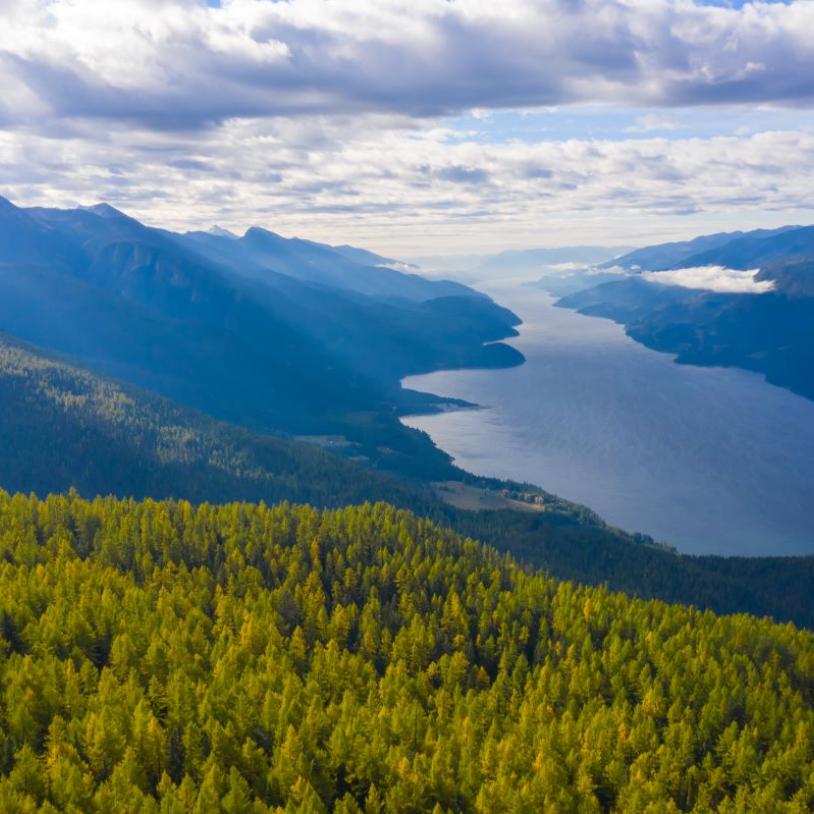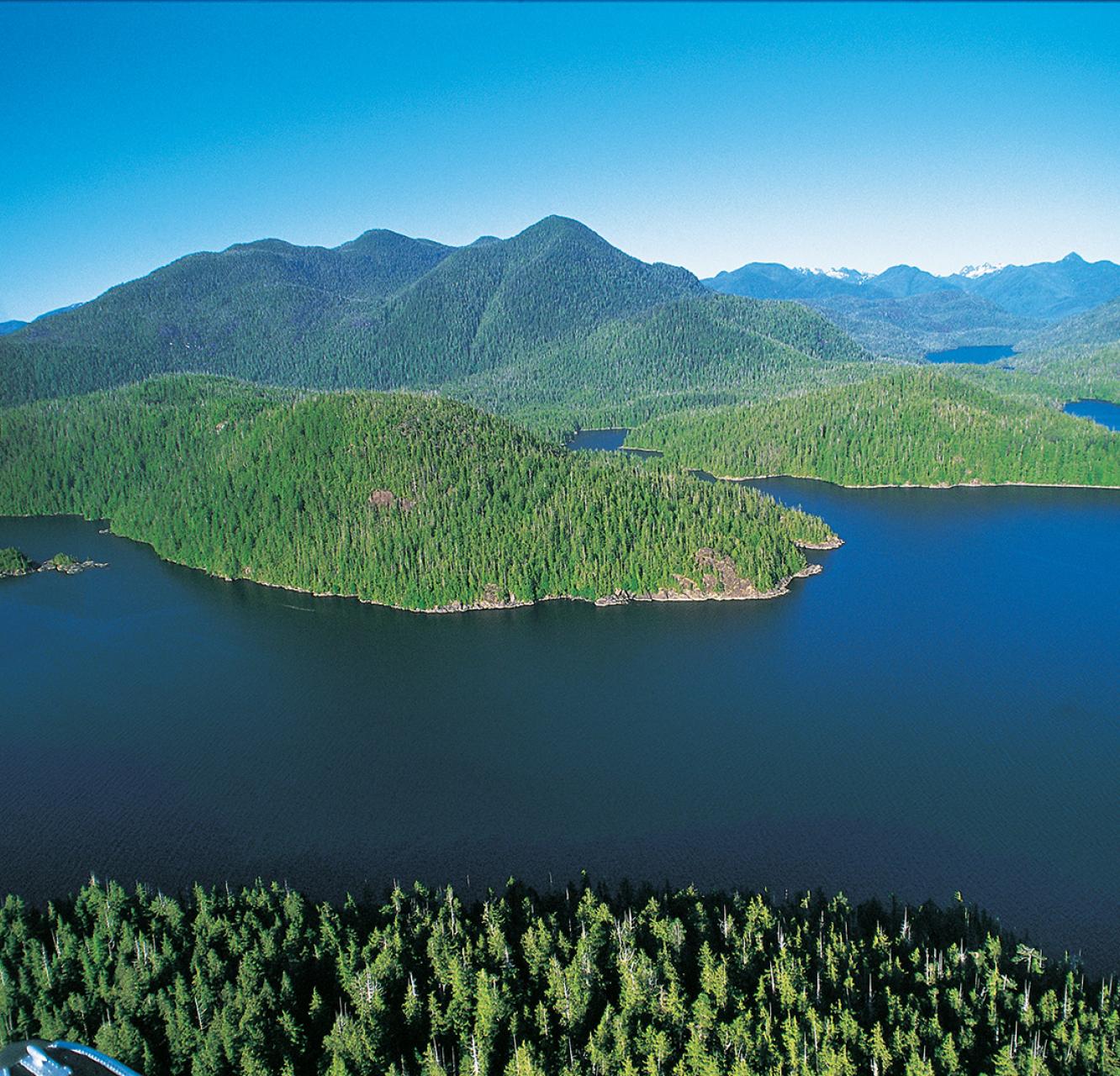B.C. moves Imperial Metals mining company out of sensitive Skagit Headwaters
Wednesday, January 19, 2022Province extinguishes mining claims in Silverdaisy or ‘Donut Hole’ area on B.C.’s southern border
VANCOUVER / UNCEDED xʷməθkʷəy̓əm, Sḵwx̱wú7mesh AND səlilwətaɬ TERRITORIES — The British Columbia government has successfully negotiated mining claims out of an ecologically sensitive area along the United States border amid an international dispute.
“This is terrific news! It's been a long time coming so this victory is very sweet indeed,” said Protected Areas Campaigner Joe Foy. “Now this beautiful wild area can get the protection it deserves and people want.”
At the urging of a coalition including First Nations, tribes, environmental groups and elected representatives from both sides of the border, the B.C. government along with the Skagit Environmental Endowment Commission has acquired all the mining tenure and related rights held by Imperial Metals, owner of the Mount Polley mine.
The Wilderness Committee and a commission tasked with protecting the area sounded the alarm on the exploratory mining in the area back in 2018 which would have been a huge threat to the river’s ecology from a potential spill of mining waste or byproducts.
“We have been working hard for nearly two decades to stop logging and mining in this area,” said Foy. “Now it's finally close to being protected for once and for all."
The Donut Hole is just under 6,000 hectares in size, located in the headwaters of the Skagit River which flows through Washington state to Puget Sound and is surrounded by Manning and Skagit provincial parks. The Skagit headwaters region is within the unceded territories of the Upper Skagit, Stó:lō, Syilx and Nlaka’pamux peoples.
The threat of damage to the Skagit River ecosystem caused concern over many at-risk wildlife and fish species including endangered bull trout and struggling chinook salmon essential to the survival of southern resident killer whales.
The province has announced consultations on the “future use and protection of land within the Silverdaisy watershed will follow.” The Wilderness Committee hopes to one day see the area protected through Indigenous-led conservation.
“Now that the mine claims are gone we urge the B.C. government to work in partnership with Indigenous Peoples whose territory this is to legislate protection for the entire Skagit headwaters region,” said Foy. "
The mine claims were first staked in the 1930s and held since the 1990s by Imperial Metals. After almost a century of exploration, Imperial Metals and earlier companies never succeeded in finding an economically viable mine in the Donut Hole.
BC Timber Sales, the provincial government’s own logging agency, logged the region in 2018 causing an uproar in B.C. and Washington state from people who had believed the area was protected. Public concern caused the governor of Washington state to weigh in and request B.C. halt the logging. An international treaty commits both countries to properly care for the Skagit watershed.
B.C. finally ordered a halt to any further logging in 2019 quelling Washington state's fears somewhat — but then Imperial Metals applied for a mine exploration permit, putting Washington on edge once again.
Today’s announcement closes the door on the threat of mining in this spectacular area once and for all.
–30–
Photos of the Skagit Valley’s Silverdaisy or ‘Donut Hole’ area.
Background information.
For more information, please contact:
Joe Foy | Protected Areas Campaigner
604-880-2580, joe@wildernesscommittee.org





